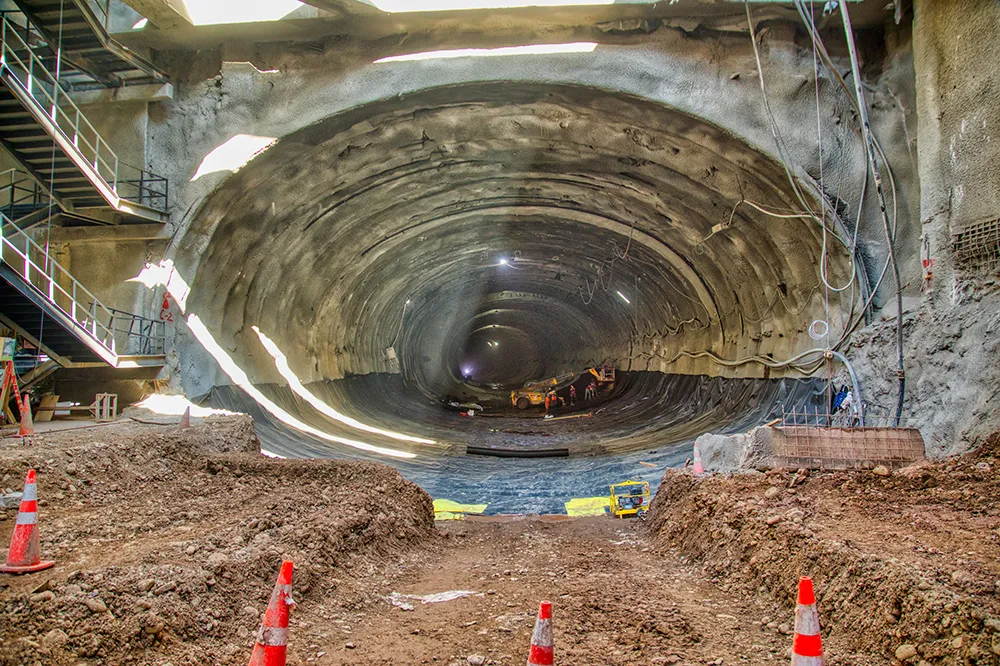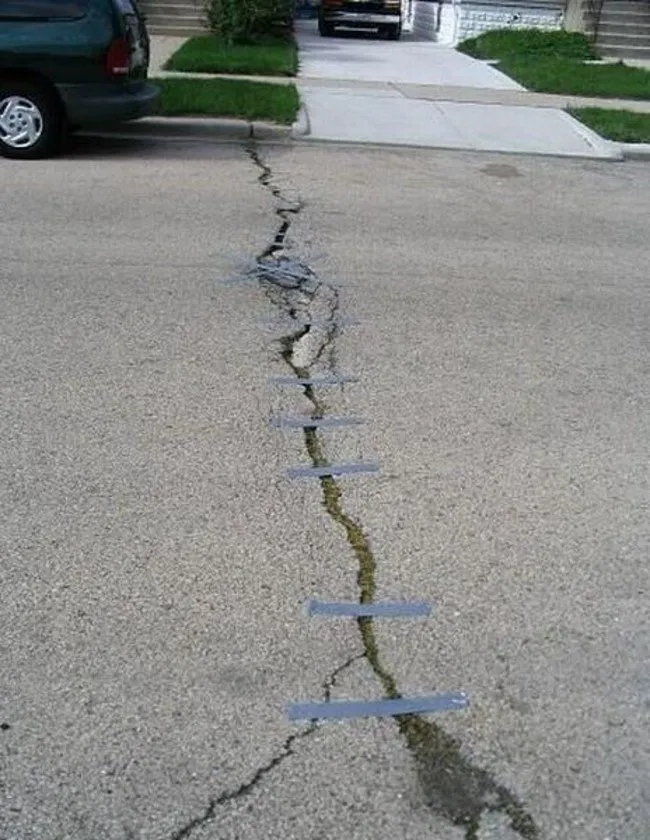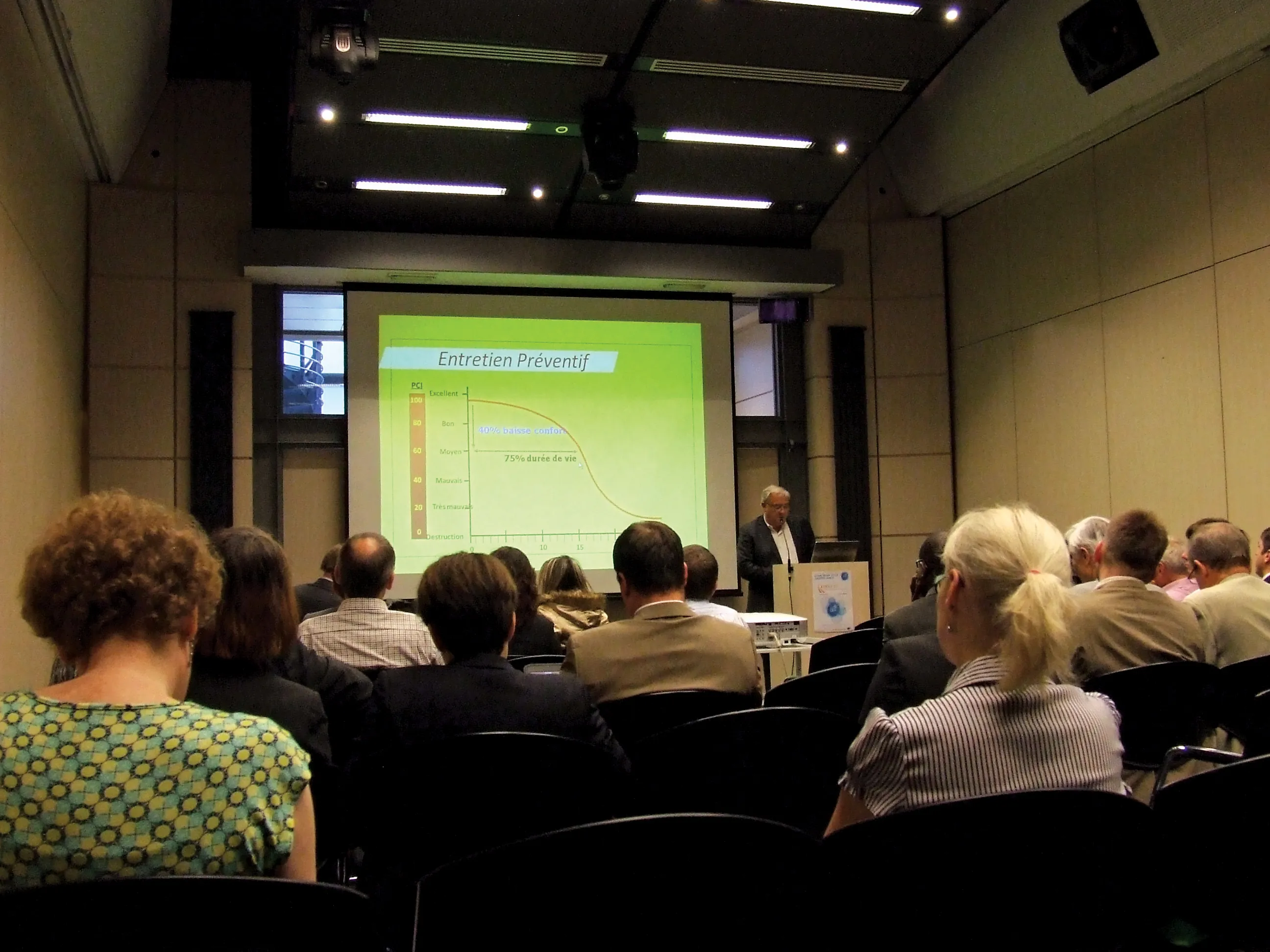Worrying data has been revealed by a study of bus drivers in Nigeria’s mega-city and commercial centre, Lagos. The research revealed that 39% or 781 of the 2,002 bus drivers tested drive while under the influence of alcohol. Also revealed was the fact that 940 of the drivers have visual impairments, with 13% having been given special glasses. And 22% of the drivers, 441, tested positive for either marijuana or cocaine use (and in some instances both). In addition, 30% of the drivers (601) were revealed to b
October 4, 2012
Read time: 2 mins
Worrying data has been revealed by a study of bus drivers in Nigeria’s mega-city and commercial centre, Lagos. The research revealed that 39% or 781 of the 2,002 bus drivers tested drive while under the influence of alcohol. Also revealed was the fact that 940 of the drivers have visual impairments, with 13% having been given special glasses. And 22% of the drivers, 441, tested positive for either marijuana or cocaine use (and in some instances both).
In addition, 30% of the drivers (601) were revealed to be hypertensive. The study was carried out as part of the Lagos State Motor Park Health and Safety Initiative programme. The study tested drivers from Under Bridge Motor Park and Alaagba Motor Park at the Iyana Ipaja Area. Following the study, Lagos State is toughening its campaign against alcohol and substance abuse amongst drivers. The study also highlights a more widespread problem in Nigeria, which has serious safety issues on its road network and with drink and drug use common amongst drivers.
In addition, 30% of the drivers (601) were revealed to be hypertensive. The study was carried out as part of the Lagos State Motor Park Health and Safety Initiative programme. The study tested drivers from Under Bridge Motor Park and Alaagba Motor Park at the Iyana Ipaja Area. Following the study, Lagos State is toughening its campaign against alcohol and substance abuse amongst drivers. The study also highlights a more widespread problem in Nigeria, which has serious safety issues on its road network and with drink and drug use common amongst drivers.









